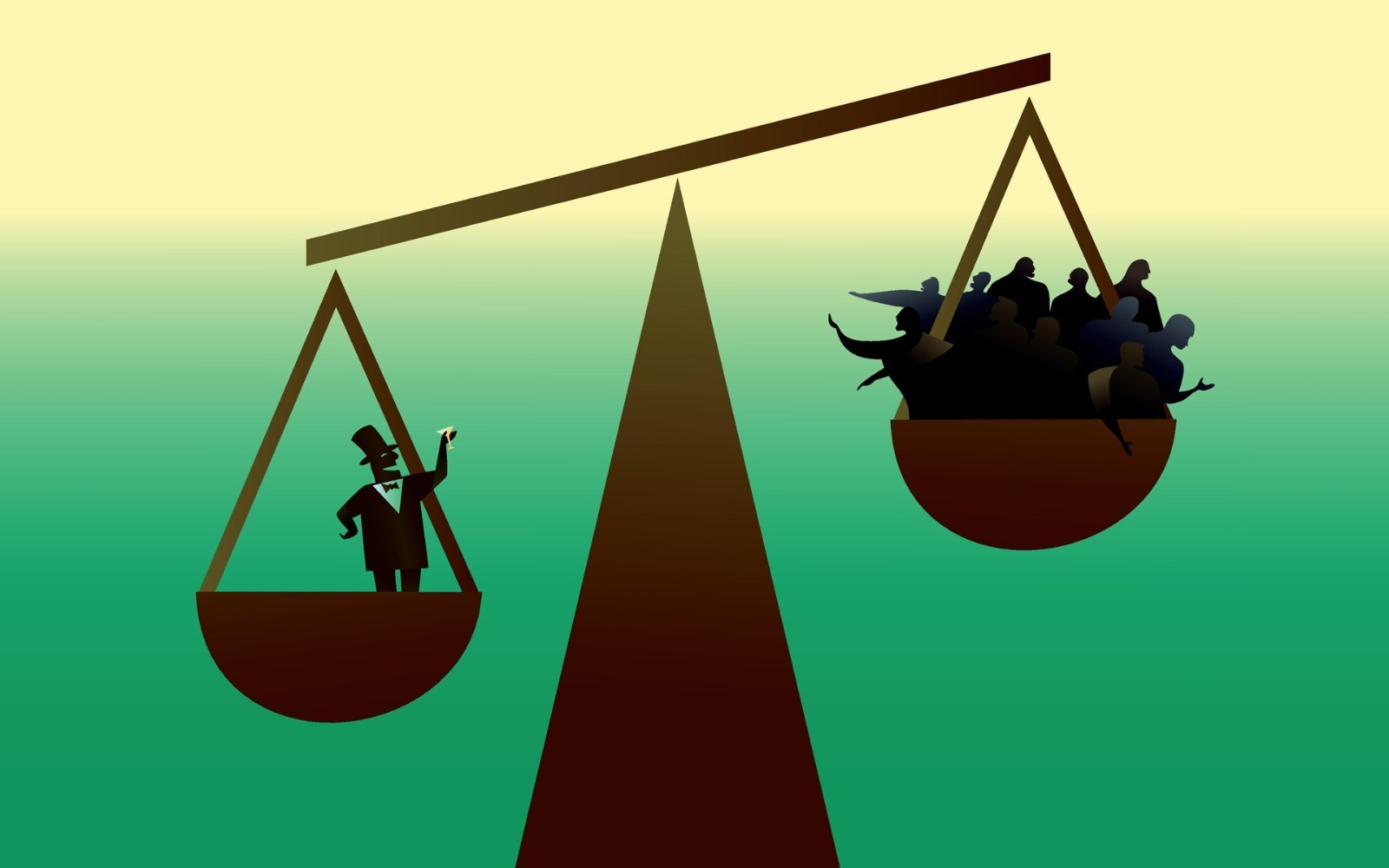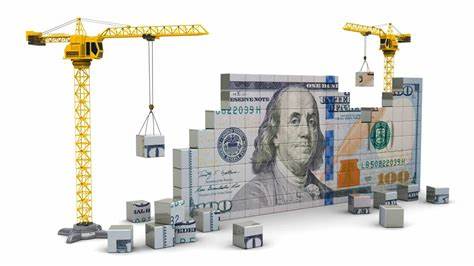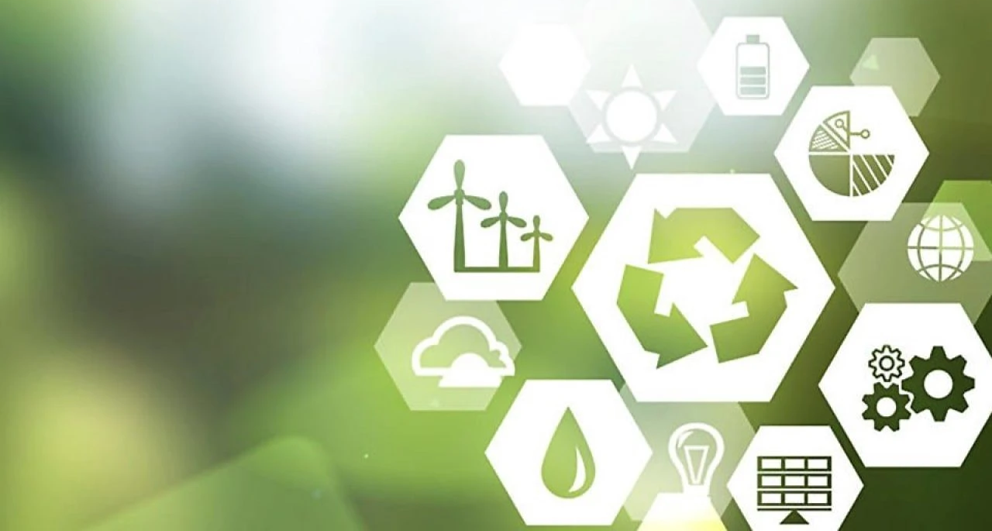The concepts of economic growth and development entail significant distinctions in meaning within economic theory. Economic growth refers to the increase in the monetary expression of all goods and services produced in a country during a specific period, while development encompasses a broader scope, including not only economic growth but also social improvement, equity in income distribution, and the enhancement of living standards. However, the definitions, qualities, and measurability of these elements are often unclear in the literature. It may be more appropriate to address this conceptual debate in a separate article, as it could disrupt the overall coherence of this discussion.
Growth is defined as the increase in gross domestic product (GDP), but the conditions under which this growth occurs and its consequences are crucial. Attention should be drawn to how inequalities in income distribution affect the benefits of growth. High growth rates can lead to the enrichment of certain income groups while leaving others in poverty.
In this context, poverty emerges as a phenomenon that increases when the opportunities created by economic growth are not distributed fairly. Poverty is significant not only in its economic dimensions but also due to its social and political ramifications. This situation is particularly pronounced in developing countries, where economic growth is often predominantly financial sector-driven, creating a dependency on short-term speculative capital flows, which in turn destabilizes growth processes. Strengthening the real sector is essential for achieving sustainable growth.
A country’s economic development is not solely dependent on the increase in GDP; it also requires a transformation of the production structure to produce high-value-added goods and the equitable distribution of these products among income groups. Economic development aims to raise living standards and levels of welfare. However, achieving this goal necessitates addressing income distribution inequities. It has been observed that economic growth initially coincides with rising inequalities.
Especially in developing countries, income distribution inequities contribute to increasing poverty levels. Poverty restricts individuals’ access to education, health care, and social services, thereby hindering the potential benefits of economic growth. According to World Bank data, 20% of the world’s population lives on less than $1 a day. This situation not only highlights the contradiction between economic growth and poverty but also underscores the need for effective management of these processes.
Measures to combat poverty require the development and implementation of direct policies in areas such as education and health. Furthermore, it is essential for these policies to be supported by an equitable tax system. Prioritizing public spending on social services like education and health will contribute to raising the living standards of poorer segments of society. In this context, increasing financial support for specific groups plays a critical role in the fight against poverty. However, there is also a segment that believes such interventions contradict classical capitalist ideology. Nonetheless, the sustainability of the current capitalist perspective remains a broad topic for discussion, and we will not delve into it here.
In the global economic system, it is crucial to not only combat poverty and inequality but also to pursue strategies that will distribute the benefits of growth more equitably. Encouraging economic activities in sectors where poorer segments can participate and providing them with better education and healthcare are vital for ensuring sustainable economic growth.
Moreover, the pressures created by the global competitive environment can hinder the improvement of income distribution. The polarization process experienced in developing countries is widening the income gap between rich and poor nations. This situation necessitates that policymakers take measures to improve income distribution. The prediction that neo-liberal policies will exacerbate the income divide between countries leads to the conclusion that developed nations must devise supportive policies for developing countries.
In summary, the effects of economic growth and development processes on poverty are profound and multifaceted. Managing these processes effectively requires ensuring fairness in income distribution and conducting a robust fight against poverty. Poverty should be addressed not only as an economic issue but also as a social one, leading to the development of comprehensive policies in this regard. Reducing poverty will be a crucial step toward achieving sustainable economic growth and enhancing societal welfare.




